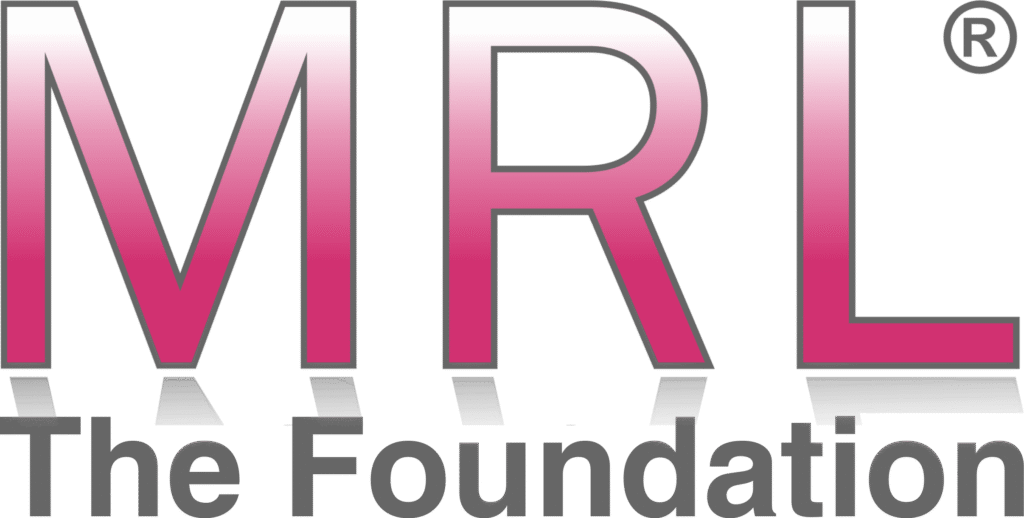Equal Opportunities and Diversity Policy
The MRL® Foundation
‘Transforming Lives’ — A Foundation Creating a Difference
Table of Contents
- 1. Introduction
- 2. Scope
- 3. Policy
- 4. Legal Framework
- 5. MRL®’s Commitment to Diversity
- 6. Cultural Sensitivities
- 7. Implementation and Accountability
- 8. Feedback Mechanisms
- 9. Monitoring and Review
- 10. Conflicts and Resolutions
1. Introduction
The MRL® Foundation (MRL®) values and promotes diversity as a core component of our mission to ‘Transform Lives’. Our mission is to empower communities by providing access to quality education and healthcare to underserved people in Africa. We believe that embracing diverse perspectives and having a diverse team will not only support our mission but also enhance our creativity, problem-solving, and effectiveness in creating opportunities for all. This policy outlines our commitment to fostering an inclusive environment where diversity is celebrated and valued.
2. Scope
This policy applies to all trustees, employees, interns, volunteers and other representatives of MRL®, as applicable. It encompasses all aspects of employment and service provision, ensuring that diversity is integrated into our mission and operational activities.
3. Policy
We are dedicated to building a diverse workforce that reflects the communities we serve. We recognise and value differences in race, ethnicity, gender, age, disability, religion, sexual orientation, socioeconomic status, and other characteristics. Our goal is to create an inclusive environment where everyone feels valued and respected.
4. Legal Framework
Our diversity policy is guided by international frameworks such as the United Nations Sustainable Development Goals, the Global Diversity and Inclusion Benchmarks, and other local and international regulations.
5. MRL®’s Commitment to Diversity
- Inclusive Culture:
We strive to create an environment and culture where all employees feel included, and their contributions are valued. This includes promoting open communication, collaboration, and mutual respect.
- Diverse Workforce:
We are committed to recruiting, retaining, and developing a diverse workforce. Our recruitment processes are designed to attract candidates from a wide range of backgrounds and experiences.
- Training and Awareness:
We will provide regular training and development opportunities to increase awareness and understanding of diversity and inclusion issues. This includes cultural competency training and unconscious bias workshops.
- Employee Resource Groups (ERGs):
We will support the formation of ERGs to provide a platform for staff, interns, employees, volunteers and partners to connect, share experiences, and promote diversity initiatives.
6. Cultural Sensitivities
Recognising the cultural context of different countries and regions where we operate, we will tailor our diversity initiatives to be culturally sensitive and relevant. This includes engaging with local communities and respecting cultural traditions while promoting inclusive practices.
7. Implementation and Accountability
- Leadership Commitment:
Our Leadership Team is committed to promoting diversity and inclusion. The Leadership Team will lead by example and ensure that diversity goals are integrated into the charity’s organisational strategies.
- Diversity Metrics:
We will track and report on diversity metrics to measure progress and identify areas for improvement. This includes monitoring the composition of our workforce and the effectiveness of our diversity initiatives.
8. Feedback Mechanisms
We will provide channels for trustees, employees, interns, volunteers, partners and other representatives, as applicable, to provide feedback and suggestions on diversity and inclusion matters. This feedback will be used to continuously improve our policies and practices.
9. Monitoring and Review
We will regularly review our diversity policy to ensure it remains effective and aligned with best practices. This includes conducting assessments every three years and making necessary adjustments based on feedback and changing circumstances.
10. Conflicts and Resolutions
- Cultural Sensitivity:
Some diversity practices may conflict with local customs. For example, gender roles and expectations may differ significantly. We will address these conflicts by engaging with local stakeholders and finding culturally appropriate ways to promote diversity.
- Religious Practices:
Accommodating diverse religious practices can be challenging in a multicultural workforce. We will provide flexible work arrangements and spaces for religious observance to respect all trustee and employees’ beliefs.
